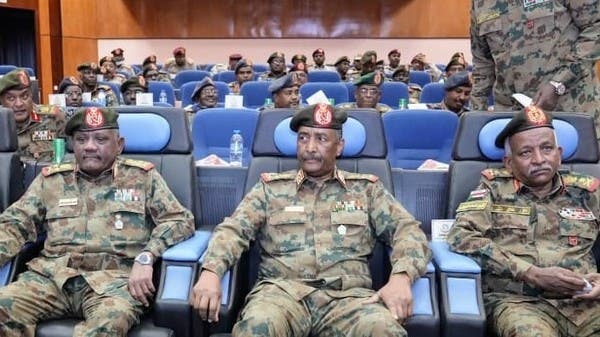After the Sudanese tripartite mechanism (the UN, the AU, and Igad) expressed its hope that the consultations between the civil and military components would be concluded in two weeks, some demands made by the army leaders to accept the draught of the transitional constitution put forth by the country’s bar association started to come to light.
According to reliable sources, the army preferred a “head of a civil state” to a “extended council for sovereignty” as the representative of the Sovereign Council and the Supreme Commander of the Armed Forces.
It also stipulated that the draft constitution stipulate that the “rapid support” forces become part of the army, with clarification of practical steps to integrate them into the armed forces, according to Al -Sharq Al -Awsat newspaper.
The military also objected to the constitution’s “transitional justice” provisions because they saw them as a condemnation of them, but they did not ask for assurances because, in the words of the sources, “their existence in the military apparatus affords them immunity.”
The mechanism, according to the sources, will begin designing the negotiating stages process after receiving the military observations. During this time, the military party’s observations will be transferred to the civil party to express an opinion, then the military party will return with the civilians’ observations, until reaching an acceptable consensus on the overall contentious issues, through direct negotiations or another method. To present this directly at the conclusion of the procedure on the other ends
It is interesting that the UN envoy Volker Bertz and others have voiced hope over the past few weeks about the strategy for finding a settlement more than a year after the political blockade that took control of the country. The main constituent of the opposition civil authority, the opposition was issued by several poles in the forces of freedom and change.
Despite all international efforts to start dialogue sessions that result in a resolution between civilians and military personnel, Sudan, one of the poorest countries in the world, is still mired in political and economic recession since October 25, 2021, when the army imposed exceptional measures and the dissolution of the previous government.
The Sudanese military’s parameters call for a civilian president rather than a larger sovereign council.

